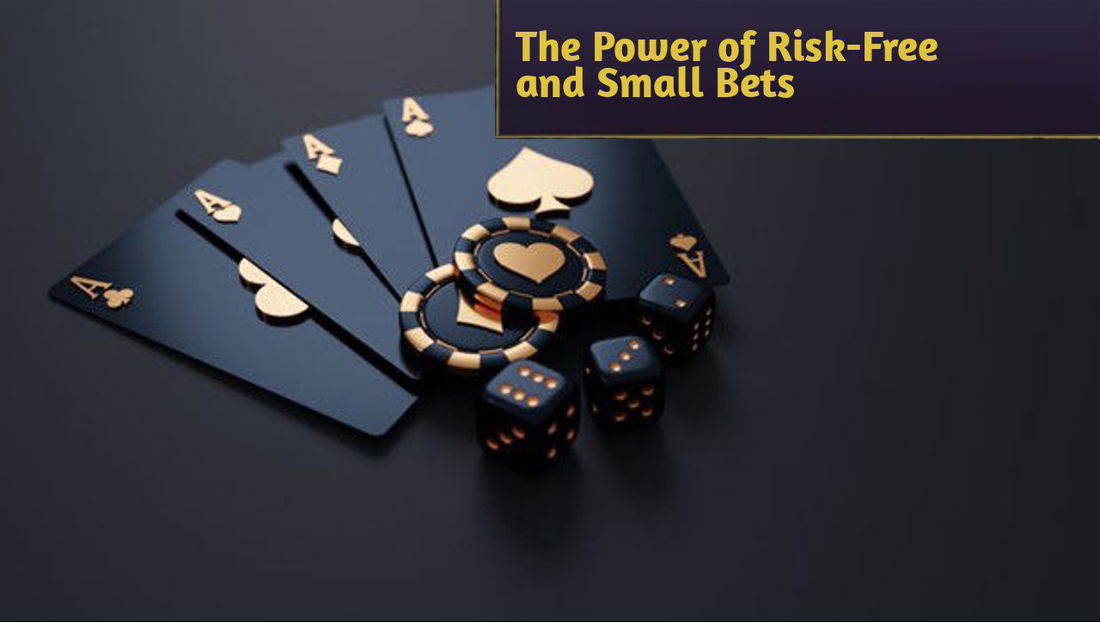But tilt isn’t just bad luck—it’s a beatable habit. With the right mental tools, you can stay calm, sharpen your focus, and keep your bankroll out of the fire.
Here’s how to train emotional control that lasts longer than any hot streak.
Know What Tilt Feels Like in Your Body
Tilt isn’t always rage. Sometimes it’s subtle—a tight jaw, rushed breathing, a voice in your head whispering “just one more.” The faster you notice it, the faster you can stop the spiral.
Track Your Early Warning Signs
● You’re betting more aggressively, chasing instead of thinking
● You feel heat in your chest, neck, or face
● You’re blaming the site, the dealer, or bad luck instead of staying present
Ad
Set a Mental Tilt Scale
● Rate yourself from 1 (calm) to 10 (out of control) every 15–30 minutes while gambling
● If you hit a 7 or higher, it’s time for a short break—non-negotiable
● This builds a habit of checking in before the blowup
Don’t Wait Until You’re Shaken
● Practice noticing tilt even when you're winning—yes, even euphoria can cloud decisions
● Emotional discipline isn’t about being robotic; it’s about knowing when your feelings are running the show
Build a Reset Routine That Actually Works
Ad
A good reset isn’t dramatic—it’s repeatable. Think of it like a mental cold shower. It should interrupt the emotional pattern, cool the mind, and bring you back to your baseline.
Change Your Environment—Fast
● Step away from the screen or table. Physically leave the room if you can
● Stretch, breathe, drink water—anything that grounds you in your body
● Don’t scroll or open another game; that just trades one distraction for another
Use the 3-3-3 Rule
● Name 3 things you can see
● Name 3 things you can hear
Ad
● Move 3 parts of your body
● This simple mental pattern forces your focus back to the present
Create a Pre-Game Grounding Ritual
● Before you start gambling, do a 60-second reset: slow breathing, quick check-in on your goals, and a reminder of your stop points
● It’s like setting your emotional thermostat before things heat up
Train Emotional Endurance Between Sessions
Tilt is harder to manage if your baseline is already stressed, scattered, or exhausted. To be responsible, you need to maintain power, but long-term control comes from habits outside the game, not just what you do when the chips are down.
Build Non-Gambling Coping Tools
Ad
● Have go-to activities that calm your system: walking, music, journaling, meditation
● If gambling is your only release valve, tilt will hit harder and last longer
● Diversify your emotional outlets like you would your investments
Limit Stimulants and Screen Overload
● Caffeine and sugar spike your nervous system—making emotional crashes worse
● Late-night sessions plus poor sleep equal zero resilience
● Treat your brain like your bankroll: manage it, protect it, and give it rest
Reflect After Every Session
Ad
● Jot down when you felt calm and when you tilted
● Note what helped you recover—or what pushed you over the edge
● These small debriefs teach your brain to anticipate and adjust next time
Final Thought
Tilt isn’t about being weak—it’s about being human. But letting it control your game? That’s optional. The most consistent gamblers aren’t the coldest or luckiest—they’re the ones who know how to stay steady under pressure.
Master your emotions, and you master the game. Not by suppressing your feelings, but by learning when to listen, when to pause, and when to take back the wheel before the crash. That’s the real win. Every time. Finally, if you are looking for the best California online casinos, check out the following article!





— Comentarios0
Se el primero en comentar